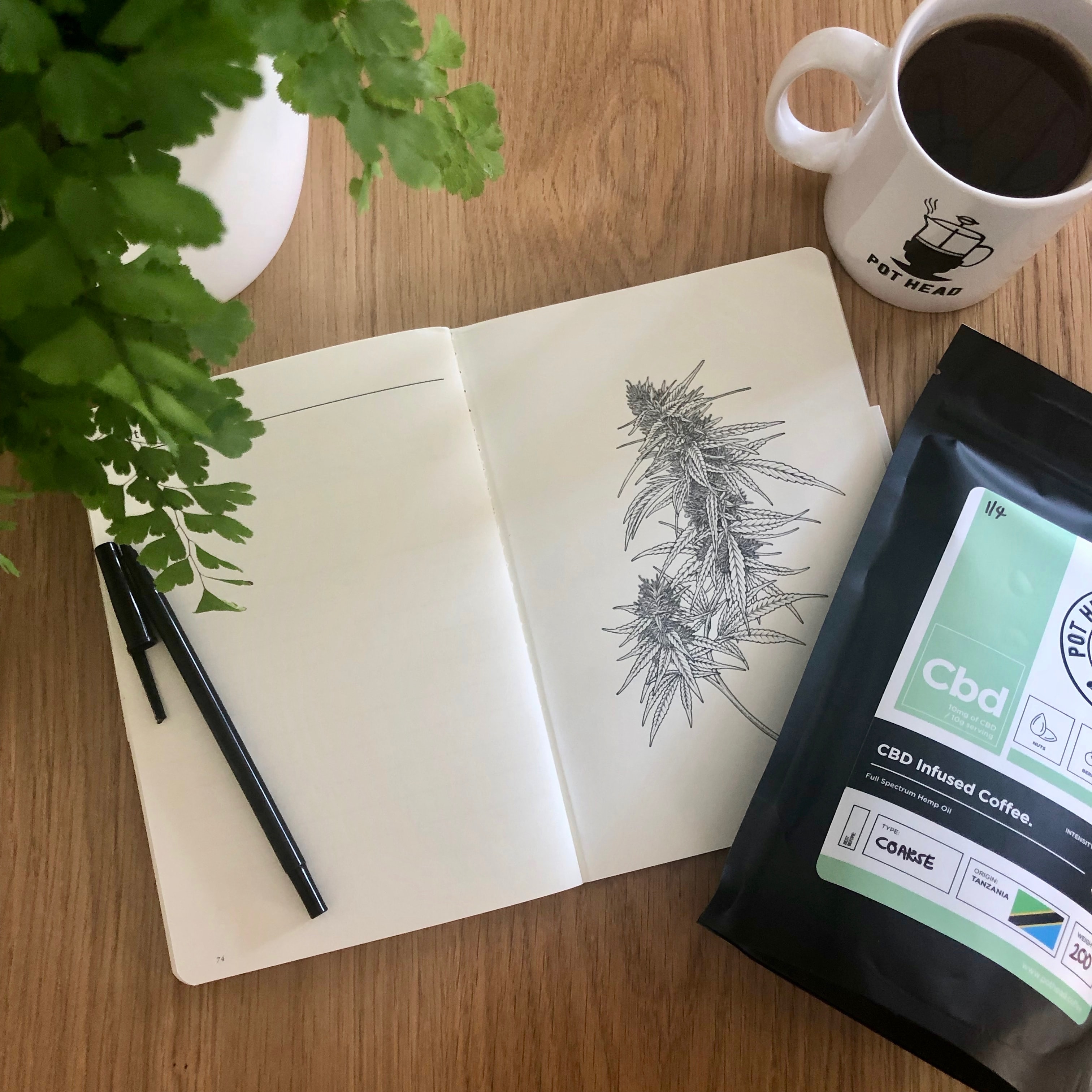The cannabis legislation in the Netherlands is staying put for years, while great leaps are being made abroad.
The Dutch tolerance policy is long outdated. This policy was created in the 1970s to separate the hard and
soft drug market, but there has been no progress ever since. The society is gradually ready for a solution to
the problems that come with the tolerance policy. The government has therefore passed a law for an
experiment with legal cannabis cultivation, the controlled cannabis supply chain experiment.
The purpose of the experiment
The purpose of the weed experiment is to see if legal delivery, purchase and sale of cannabis is possible. In
addition, the government wants to examine the effects of the experiment in terms of crime, safety, nuisance
and public health. According to the current tolerance policy, the production and supply of cannabis to
coffeeshops is illegal, while the government tolerates the sale of cannabis under strict conditions.
During the experiment, it will be possible for the coffeeshops in the participating municipalities to sell
regulated cannabis. Ten growers are elected by the ministers who will supply the coffeeshops with cannabis.
Coffeeshops participating in the experiment may only buy from these growers and the growers may only sell
to those coffeeshops. Tilburg is one of the ten nominated municipalities, so this means that the shops of The
Grass Company Tilburg will be participating in this experiment.
New rules
New rules have been formulated for the coffeeshops participating in the experiment. The current AHOJGI
criteria will continue to apply, but new rules will also be added. These rules concern the prevention of
cannabis use, the trading stock, the application of the residence criterion and the administration.
New rules:
- Coffeeshops must have educational material about the use of cannabis and they must provide an
information leaflet to their guests. - Guests should be advised of assistance or care if they appear to need it.
- The staff in a coffeeshop must follow a course so that they can inform guests properly.
- Coffeeshops may only buy cannabis from the ten designated growers.
- The maximum trading stock that the coffeeshop may have in-house will be limited to a maximum of
one week. - Coffeeshops are not allowed to keep their trading stock outside of the coffeeshop.
- Coffeeshops located in a border municipality are prohibited from selling cannabis to people living
outside the Netherlands. This applies to the municipalities of Breda, Heerlen and Maastricht. - Coffeeshops must register both the cannabis that is delivered and all the cannabis that is sold.
- All coffeeshops, located in a participating municipality, are obliged to participate in the experiment
The four stages of the experiment
The law starts on July 1, 2020, kicking of the preparation phase. This phase lasts at least one year and during
this phase coffeeshop owners can consult with the designated growers. The municipalities also have the
opportunity to adjust rules so that they correspond to the experiment. In addition, growers will be appointed
during this period so that they can start producing the cannabis.
After the preparation phase comes the transition phase which lasts a maximum of six weeks. Here,
coffeeshops are given the time to replace their menu for the weed experiment. This phase will start when
the ministers determine that the quality and diversity of the cannabis cultivated by the growers is sufficient
and that all conditions that are important for a closed coffeeshop are met.
During the experiment phase, the experiment starts completely. This phase lasts a minimum of four and no
more than five and a half years. Independent researchers will follow the developments of the experiment by
means of measurements. A guidance and evaluation committee will be set up to guide researchers of the
cannabis experiment. The evaluation will also take place during this period.
The final phase is the completion fase, which will last no more than six months. The completion fase is
intended as a transition between the end of the experiment and the re-application of the Opium act and
the tolerance policy. This phase gives all parties involved the opportunity to return to the old situation in
a reasonable manner.
Whether this experiment exceeds the current tolerance policy remains to be seen. Still, it is reassuring that
steps are finally being taken to legalize cannabis here in the Netherlands.
Photo by Pot Head Coffee on Unsplash


